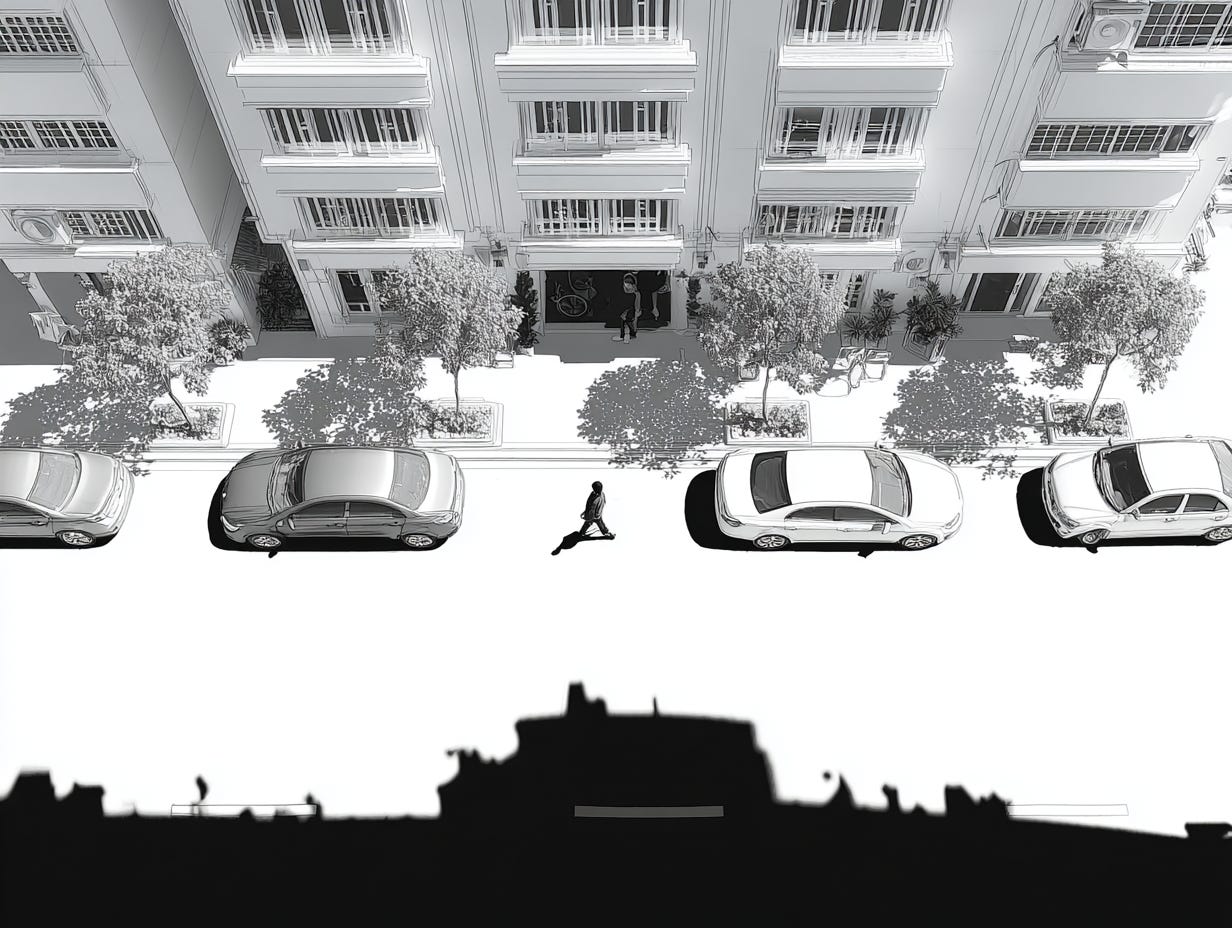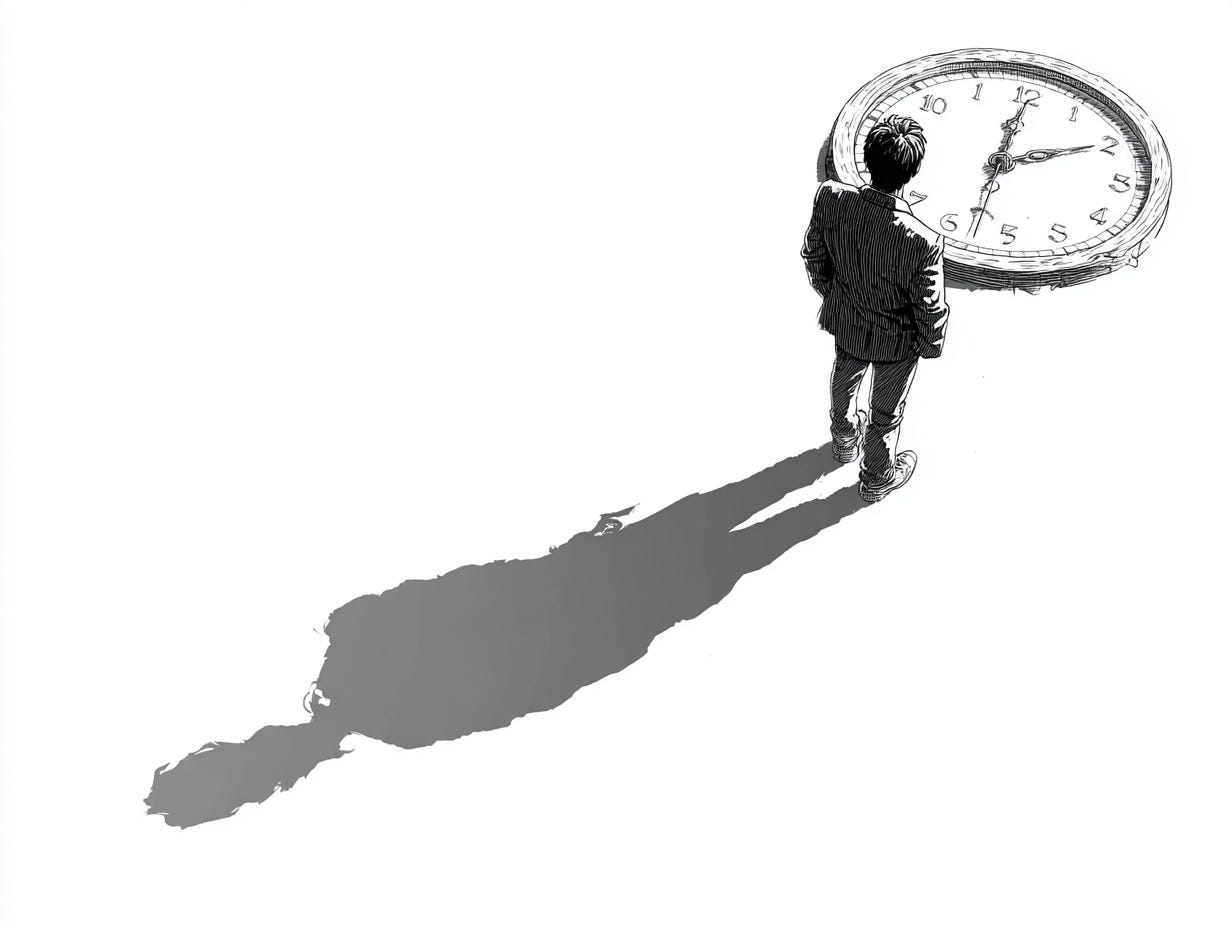There is a sense in which by saying the things we are supposed to show, we are professing that we have lost the plot, either as an individual, or more importantly, as a culture. This applies specially if you can detect a tautological motif, or a kind of forced appendage in language use. It is worth noting that they can be hard to see as many are already normalized; and the normalization is really the point here.
For example, the obligatory use of the word “prompt” after a time is clearly stated, in some communities and culture goes a long way to show a broken culture of timeliness, or take deep work (I use this often myself), but what is wrong with just work? The modifier clearly betrays a landscape saturated with too much noise.
The pattern is everywhere once you tune your ear. Some can speak of “authentic cuisine.” Job ads promise “true ownership.” Even the truth sometimes can be insufficient, when one speaks of “honest truth.” I think social media birthed “real connection.” There is passion, and then there is “true passion.” And then there are the “active listening” workshops all over the place. And here is my ‘favorite’: “lived experience.”
Each redundant label is a linguistic tell, a nervous tick revealing the anxiety of its age. When substance fades, language rushes in to erect elaborate signposts, frantically assuring us that the thing still stands. But the very insistence is the confession.
And the normalization, like I intimated earlier, is really the key point, as it signals the silent triumph of the change.
The more syllables we stack, the clearer it becomes that we are circling an empty center, or that something is simply not right, trying to name back into existence what we can no longer, or struggling to, embody.




